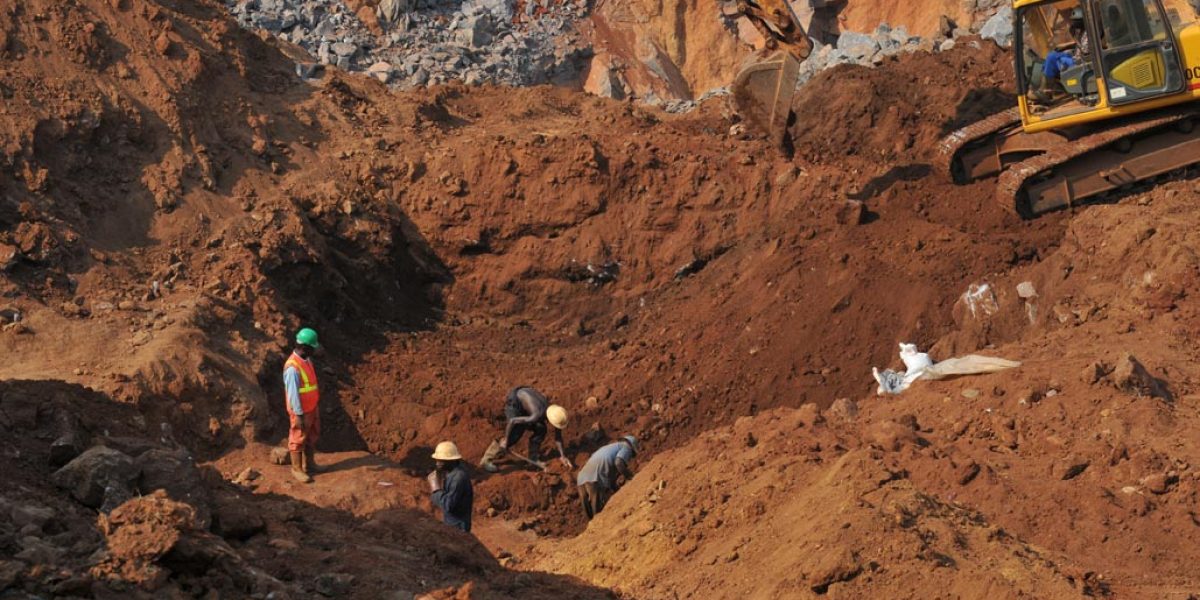Over the past decade, beneficiation as a policy has generally been supported by mineral-rich developing countries but opposed by the World Bank and international finance institutions. African countries have consistently been advised not to attempt to beneficiate their minerals and base metals. While the report looks at base metals it concentrates on copper, given its importance to Zambia, Botswana and Namibia, and considers industrial policy on copper in Japan and China. These two countries have successfully beneficiated copper concentrate produced in other countries.
The report examines their respective trade and industrial policies in this area and what effect these policies have had on African efforts at beneficiation. It argues that concomitant with the increase in commodity prices driven by Asian demand there has been a ‘Great Compression’ in smelting, refining and semi-fabricate margins since 2004–05, directly as a result of China’s industrial policy on beneficiation, which has facilitated a subsidised over-capacity in the sector. It goes on to document the experiences of Mozambique, Namibia, Botswana and Zambia in base metal processing and beneficiation. Botswana has only progressed to exporting copper and nickel matte. Mozambique and Namibia export refined aluminium and zinc – both ostensibly because of electricity prices and tax policies in the sector. Only Zambia has progressed beneficiation beyond refined metal, and the report looks at what measures can be employed to accelerate beneficiation should governments wish to do so and pay the cost of such policies. It concludes that in the case of base metals, without active Chinese assistance in moving down the value chain, base metal beneficiation in Africa is unlikely to occur in the near future.








